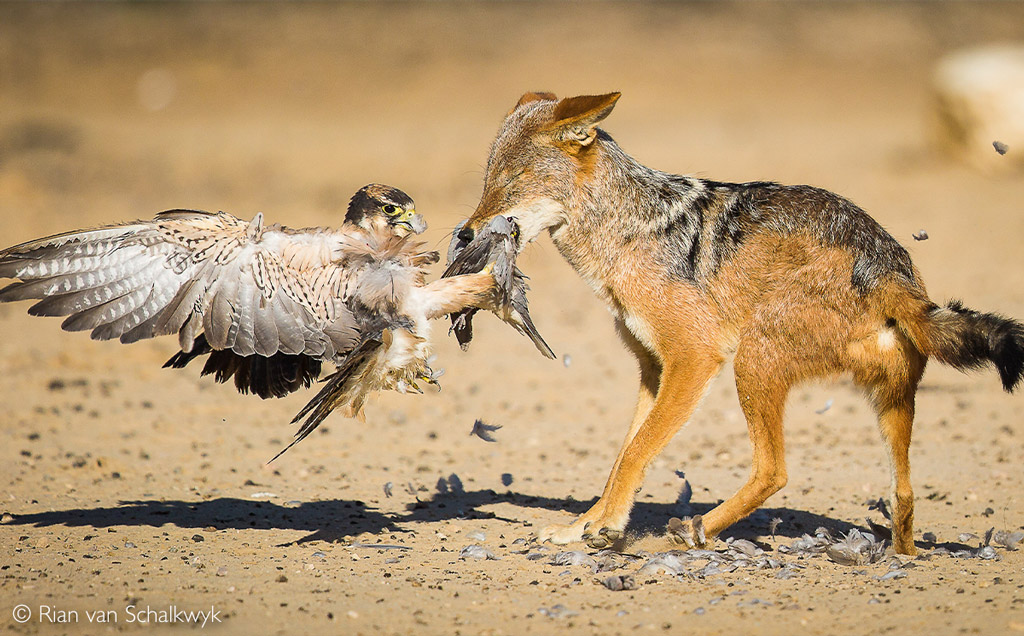
This is a copy of our weekly email newsletter. Subscribe here to receive the newsletter.
Hyenas in Maputo + dwarf mongoose + Namibian safari
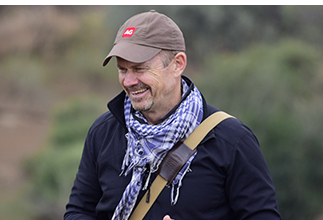
Hopefully you read our exposé on trophy hunting in Botswana’s NG13 a few weeks ago. Well, the plot thickens.
After this post went live, we received the results of an audit of the Tcheku Community Trust, reflecting significant financial irregularities. The most serious involves the trophy hunter featured in our exposé. According to the audit report, the 2022 trophy hunting fee of US$100,000 paid by the hunter was about half of the stipulated reserve price. The audit report reveals that the Trust general manager accepted the lower offer from the trophy hunter without the required approval of the Trust Board. One wonders why he would do that. No wonder the trophy hunter’s gross profit we reported is so obscenely high!
The discussions in our app reveal a few pro-hunters attempting to whitewash this situation. One gent accused me/AG of a “hit job on the hunting industry ameteurshly (sic) disguised as a social injustice crusade“. The argument put forward by another is that this is the only alternative to no revenue at all. My my, what low standards the trophy hunting industry demands we all accept.
Keep the passion

Simon Espley – CEO, Africa Geographic
From our Editor – Taryn van Jaarsveld
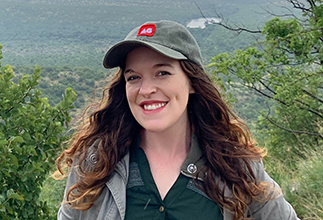
Every species has a part to play in its ecosystem. Hyenas, though often mistaken for the underdog, keep natural checks and balances in place between dead matter, plant life, prey and predators. So when an important ecosystem engineer like the hyena is absent, a tipping point looms. Aspiring to this bigger picture, Maputo National Park in Mozambique has released five hyenas into its system to recalibrate the balance – scoring a rewilding win for southern Africa. Read more in our first story.
And from one fearsome predator to the next: In our second story, we honour one of Africa’s most ferocious and courageous fighters: the dwarf mongoose. With razor-sharp claws and sharp teeth juxtaposed with an otherwise adorable fluffy exterior, the dwarf mongoose is Africa’s smallest mammalian predator. Read more to see what we love about these enigmatic little creatures.
Happy celebrating Africa!

Story 1
https://africageographic.com/stories/hyena-royalty-returns-to-maputo-national-park/
MAPUTO’S HYENAS
Five spotted hyena have been released into Maputo National Park as part of a rewilding journey for this biodiversity hotspot
Story 2
https://africageographic.com/stories/dwarf-mongoose/
DWARF MONGOOSE
The dwarf mongoose is Africa’s smallest mammalian predator, & are fascinating to see on safari
 TRAVEL DESK UPDATES:
TRAVEL DESK UPDATES:
Let us take you on an adventure to experience all Namibia has to offer or go in search of the Big 5 in Greater Kruger. Let us make your safari wishes a reality:
Namibia safari – Sossusvlei to Etosha – 13 days/12nights from N$112,000pps (Namibian Dollars)
Explore the best of Namibia, from the red dunes of Sossusvlei and the wildlife of Etosha, to the adventure of Walvis Bay. Over 13 days, your private guide will reveal the majesty of Namibia, its phenomenal wildlife and compelling historical and cultural diversity.
Save 14% at Sabi Sabi Earth Lodge, Greater Kruger, South Africa
Experience the Big 5 of Greater Kruger, South Africa and take advantage of this three-night fly-in package for R97,220pps. This includes Johannesburg-Sabi Sabi return flights. Get in touch and let’s start planning your African safari.

From our Scientific Editor – Jamie Paterson
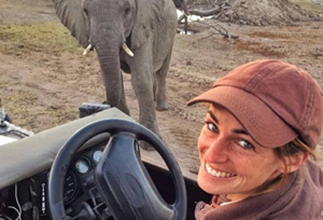
What does it take to keep a wild rhino alive in South Africa? There is no short or easy answer to that question. There may not even be a right one. The custodians of our beloved tubby grey icons have been thrust into an ever-changing war without rules, forced to trial and evaluate different strategies as they go along.
What we do know is that it takes money – lots of it. Did you know that in the Greater Kruger (including Kruger National Park), a minimum of ZAR 1.1 billion (US$ 61 million) was spent protecting rhino from 2017-2021? This figure was taken from a brand-new report: “Evaluating the cost and effectiveness of rhino conservation interventions in the Greater Kruger”.
Compiled by a cross-disciplinary team of scientists and reserve managers, the 17-page report delves into the successes and failures of various interventions, including camera technologies, K9 units, dehorning and so on. This monumental project is of profound importance and offers an eye-opening glimpse into the complexities of rhino conservation. It is well worth a read!

Wonderful safari experience to South Africa & Zimbabwe
The Siskind family had a wonderful experience travelling with us to Pungwe Safari Camp in Greater Kruger, South Africa and to Chilo Gorge Safari Lodge bordering Gonarezhou National Park, Zimbabwe. They had spectacular wildlife encounters in both countries and also had multiple wild dog sightings. Their plains game and elephant sightings were just as plentiful. Michael Siskind shares feedback on the experience:
“Africa Geographic was able to tailor our trip to what we wanted: a small unpretentious bush camp in the greater Kruger, where wildlife sightings are perhaps easier to come by, coupled with the wilderness experience of the far more remote Gonarezhou. AG succeeded on all accounts. Our week in Gonarezhou was essentially our own private expedition into the park. Due to the logistics of the trip, its success was dependent on the smooth functioning of multiple transfers, both vehicle and plane. The trip was very well organised and all transfers took place without a hitch. We look forward to planning another trip with AG!”
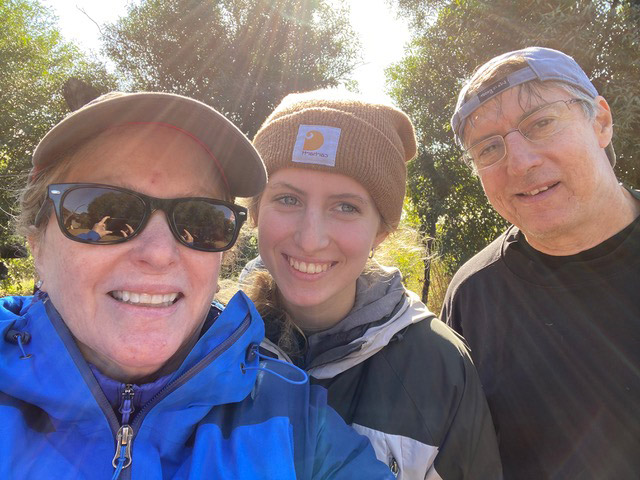
 WATCH: Watch as two of Africa’s biggest and heaviest animals go head to head in a very rarely seen sighting. The hippo is trying his luck with the rhinos, but the rhinos are having none of it (2:44). Click here to watch
WATCH: Watch as two of Africa’s biggest and heaviest animals go head to head in a very rarely seen sighting. The hippo is trying his luck with the rhinos, but the rhinos are having none of it (2:44). Click here to watch
To comment on this story: Login (or sign up) to our app here - it's a troll-free safe place 🙂.![]()








